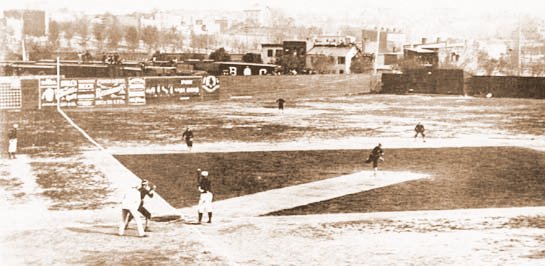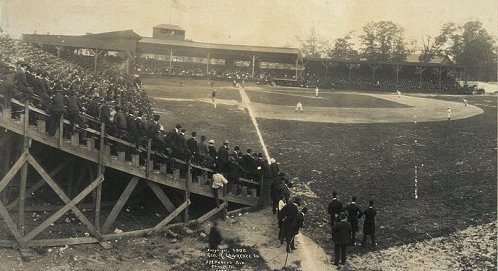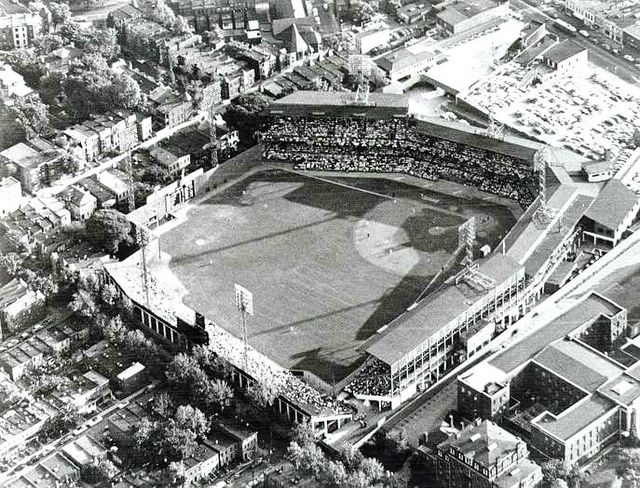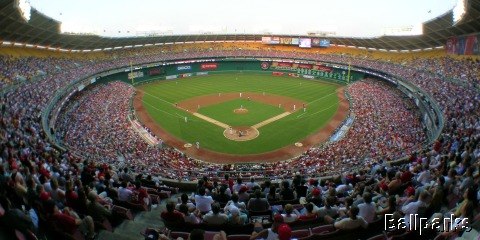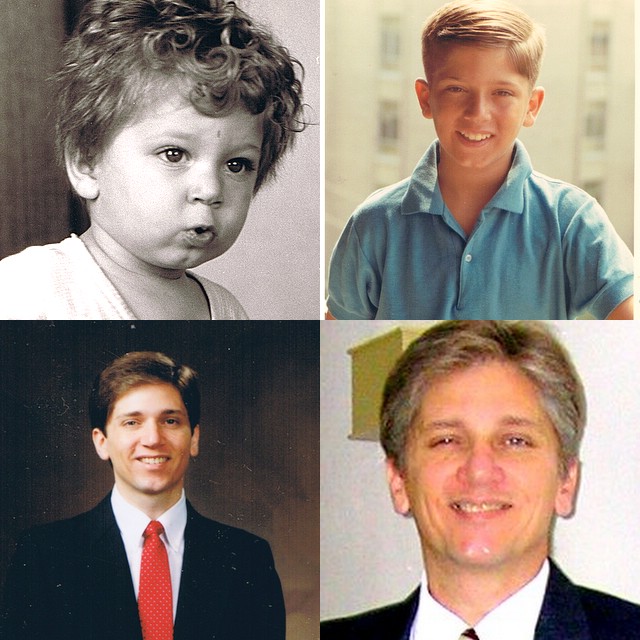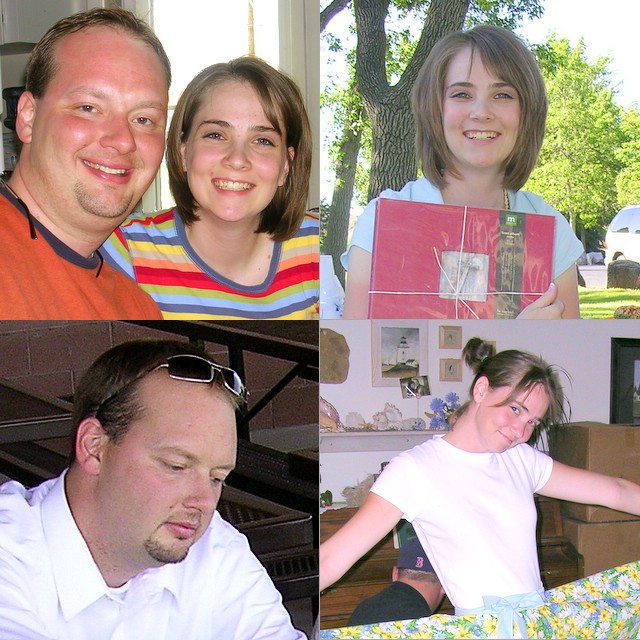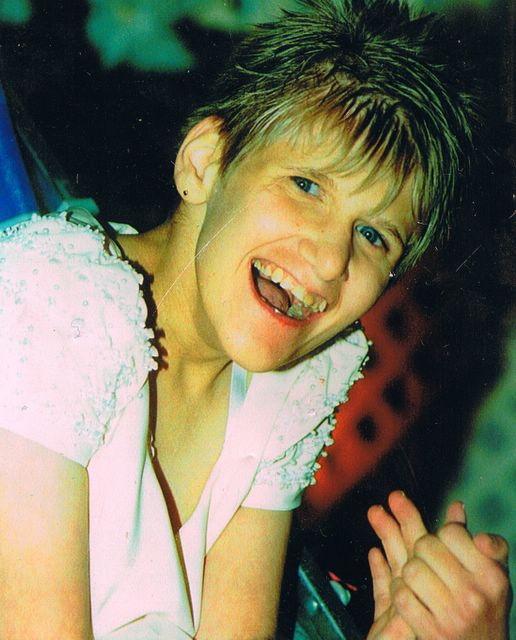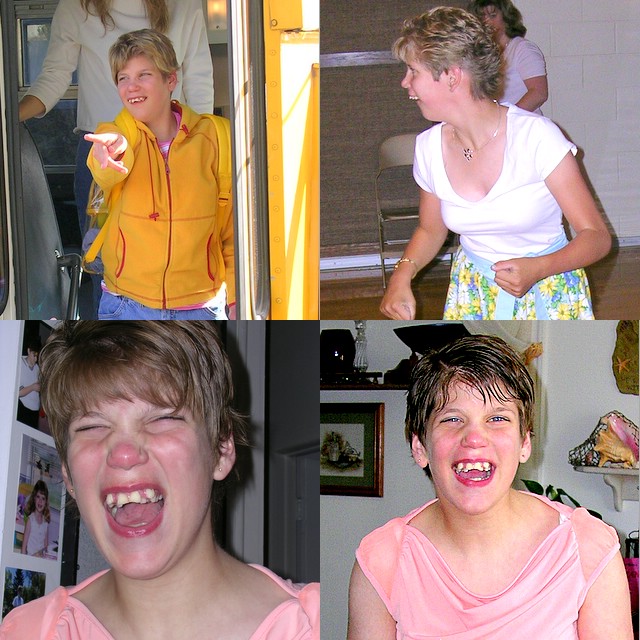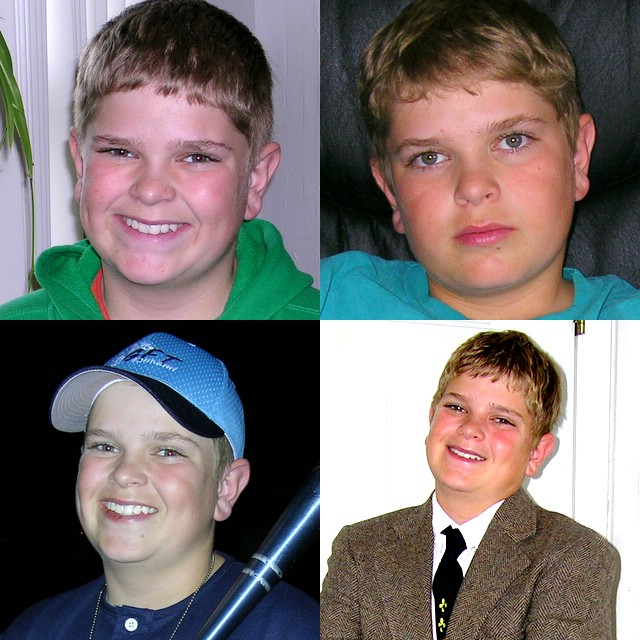Nationals Fans Caught Between Rock, Hard Place
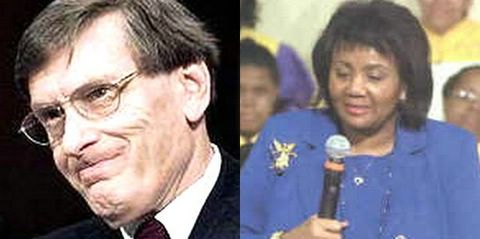 [October 16th] -- For the past 34 years, Washington baseball fans have wondered just how one of America's largest cities, and certainly its most powerful, could have been bypassed, overlooked and otherwise forgotten by Major league baseball.
[October 16th] -- For the past 34 years, Washington baseball fans have wondered just how one of America's largest cities, and certainly its most powerful, could have been bypassed, overlooked and otherwise forgotten by Major league baseball.
A year into the return of baseball to the D.C. area, we're beginning to understand.
To Linda Cropp and the D.C. City Council, there is no such thing as a "done deal." Anything and everything seems open to negotiation. In a city full of the world's most powerful politicians, many on the Council aspire to bigger and better things, and are using the new Washington ballpark as leverage to that end.
To Major League Baseball, a "deal is a deal." This is because it takes Bud and the boys so very long to come to a decision that every conceivable possibility and angle was considered. Selig assured all of Washington that a new owner would be in place "just after the season starts." Just after the season started, he said it would be "certainly before the all star break." After the all star game, Selig confidently predicted a deal would be finalized "long before the season's end." Now, with the end of the season in the rear view mirror, the Nationals will have no owner until Jerry Reisendorf's White Sox either win the World Series or are eliminated from contention.
I get the feeling that the D.C. City Council won't finalize the stadium deal until the Nationals have in place an owner they are satisfied with, but MLB is waiting for the stadium deal to be finalized before announcing the team's new owner. This might be because the Council is afraid that baseball is going to bring in an "outsider" and baseball is waiting because they are going to do exactly that and doesn't want the council to back out of the stadium deal because of it.
It is now clear why baseball has been without baseball since September, 1971. Major League Baseball, and the Washington political infrastructure, are both entities that use deceit and disinformation to hide their real agendas. Some on the Council want to become the next Marion Barry, and some in Major League Baseball want to add another franchise to the "old boy network." Somewhere in the middle, fathers and sons, families and friends, even corporations are forced to helplessly watch this ritual power struggle. Likely, by the time all is complete, the Nationals will have missed out on the free-agent signing season, been unable to make any substantive trades, and will go into 2006 with essentially the same team from a year ago less a free-agent or two of their own who didn't want to be part of this comedy of errors any longer.
And what of the Nationals' nation? Well, I guess if you ask Bud Selig, we should be happy that Bob Short died years ago, or he would have been made the new owner of the Nationals. And Linda Cropp still doesn't understand why the Nationals couldn't play at FedEx Field. After all, grass is grass, right?








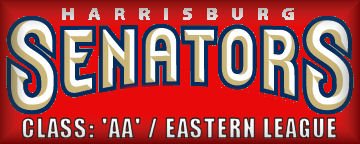
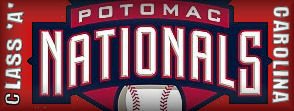

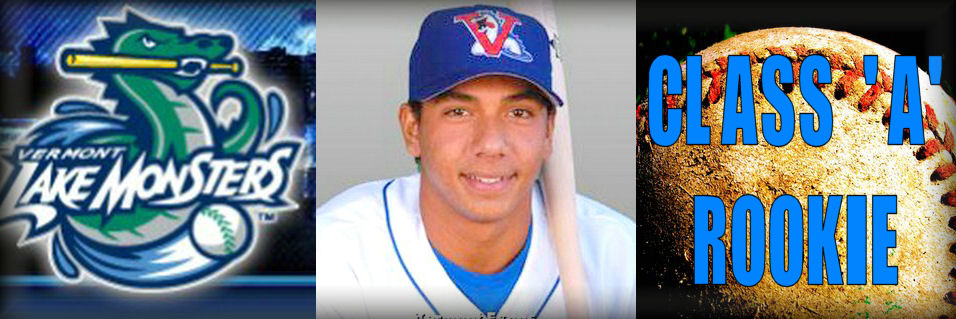











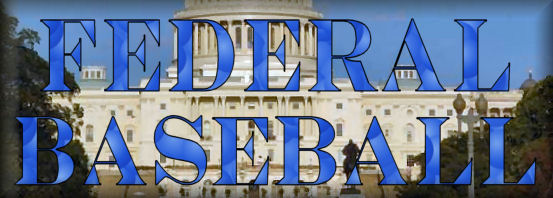



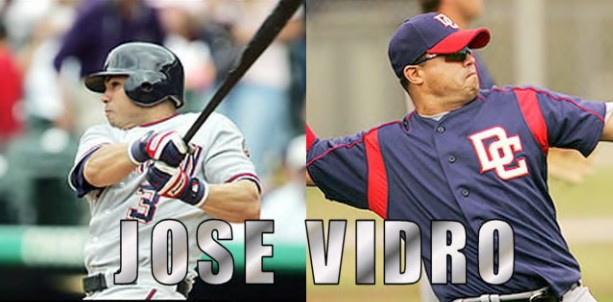




















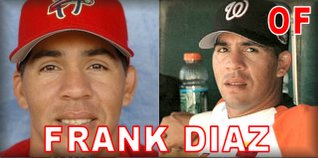

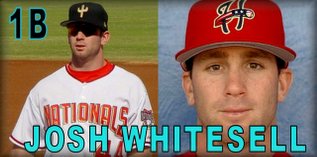
 3) 1926 (road) --- 4) 1936-'37, 1948-'51
3) 1926 (road) --- 4) 1936-'37, 1948-'51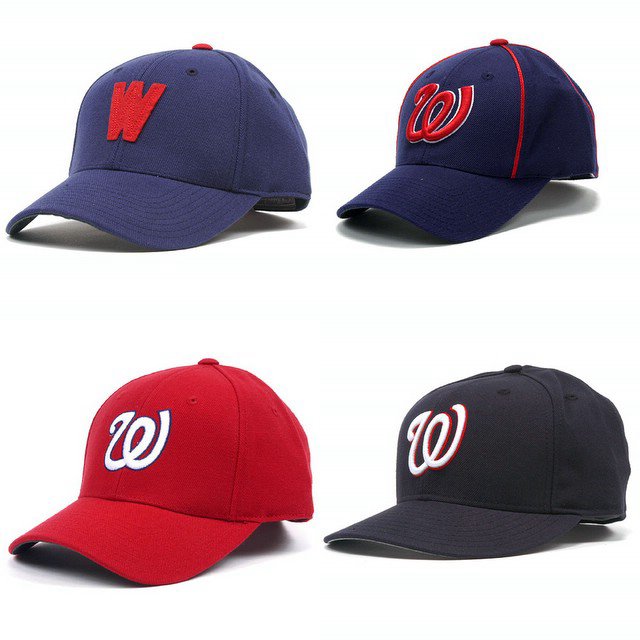 3) 1968 - '71, and 2005 (home) --- 4) 2005 (road)
3) 1968 - '71, and 2005 (home) --- 4) 2005 (road) Buddy Meyer --- Walter Johnson
Buddy Meyer --- Walter Johnson Ed Yost --- Muddy Ruel
Ed Yost --- Muddy Ruel Roger Peckinpaugh --- Joe Cronin
Roger Peckinpaugh --- Joe Cronin Del Unser --- Darold Knowles
Del Unser --- Darold Knowles Ed Stroud - Mike Epstein
Ed Stroud - Mike Epstein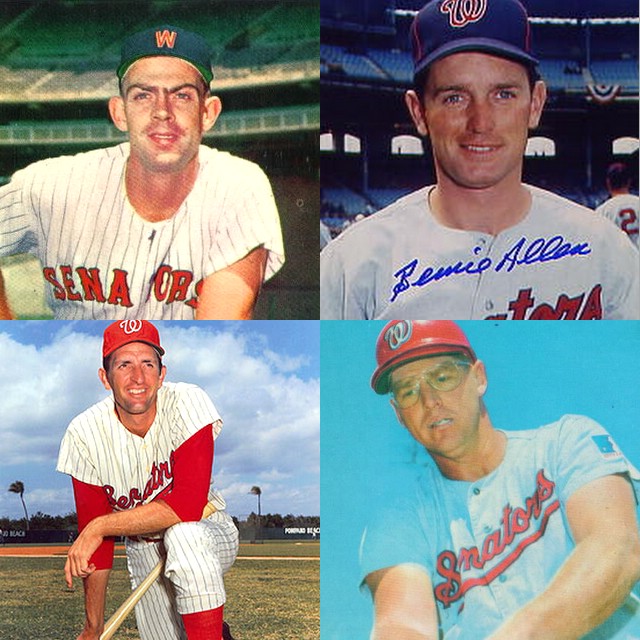 3)1968 -- 4)1969 - 1971
3)1968 -- 4)1969 - 1971